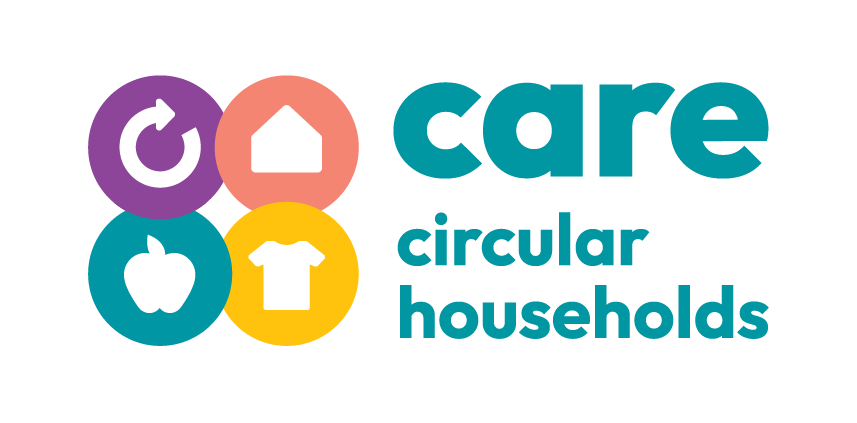CARE, an innovative Horizon Europe project, aims to promote sustainable living and combat climate change. Focusing on everyday habits around food and clothes, CARE will initially empower 100 households in five European countries to reduce their environmental impact over the next four years. To support sustainable consumption practices that go beyond 2027, CARE will work closely with citizens to develop tailored, inclusive and free advisory services and interventions.
The new Horizon Europe project CARE aims to support an initial 100 households in their transition to a circular economy over the next four years. Working in Finland, Norway, Sweden, Germany and Estonia, CARE pioneers circular living models to promote sustainable practices in everyday life, thereby supporting climate change mitigation and sustainable well-being.
Committed to a holistic approach that considers social and material aspects, CARE works closely with citizens to better understand daily habits and co-develop inclusive, tailored and free advisory services. The project recognises the potential for circularity in the food and clothing sectors at the household level, making them focal points in the transformative journey.
Elina Närvänen, the project coordinator, highlighted CARE’s goal during the project’s kick-off event on 18 January 2024 in Tampere (Finland): “Accelerating a fair, inclusive, and sustainable consumer-led transition to a circular economy is at the heart of CARE. By involving consumer citizens, NGOs, civil society institutions, communities, and researchers, we’re fostering a transdisciplinary approach based on co-design and colearning”. Scientifically, CARE will conduct a comprehensive impact assessment to measure progress in material efficiency, living conditions and sustainable well-being. Using methodologies such as Life Cycle Assessment and the Product Environmental Footprint, the project will quantify reductions in environmental impact.
The CARE project pilots will take place in five different regions – covering both urban and rural landscapes – which are key components of the Circular Cities and Regions Initiative (CCRI). These regions, including Tampere, Asker, Gothenburg, Berlin and Lääne-Harju, have been strategically chosen to represent different socio-economic and geographical dynamics across Europe. Collaborating with the CCRI and other European circular economy initiatives, CARE aspires to influence other regions and significantly contribute to shaping a more sustainable future – beyond the year 2027.
The Circular consumption Activities to tRansform households toward material Efficiency (CARE) project, funded under Horizon Europe, is made up of 11 respected consortium partners dedicated to promoting circular living:
- Tampere University Foundation
- Ekokumppanit Oy
- Oslomet – Storbyuniversitetet
- Asker kommune
- Lunds Universitet
- IVL Svenska Miljoeinstitutet AB
- Collaborating Centre on Sustainable Consumption and Production
- Die Verbraucher Initiative e.V.
- Lääne-Harju Vallavalitsus
- Teeme Ara Sihtasutus
- Universitaet für Bodenkultur Wien
Join the conversation using #CareCircularHouseholds. For more information, visit our
website: circularhouseholds.eu.
Estonian partner is Let’s Do It Foundation.
Textile expert involved Mirell Merirand
 Tekstiiliringlus
Tekstiiliringlus 